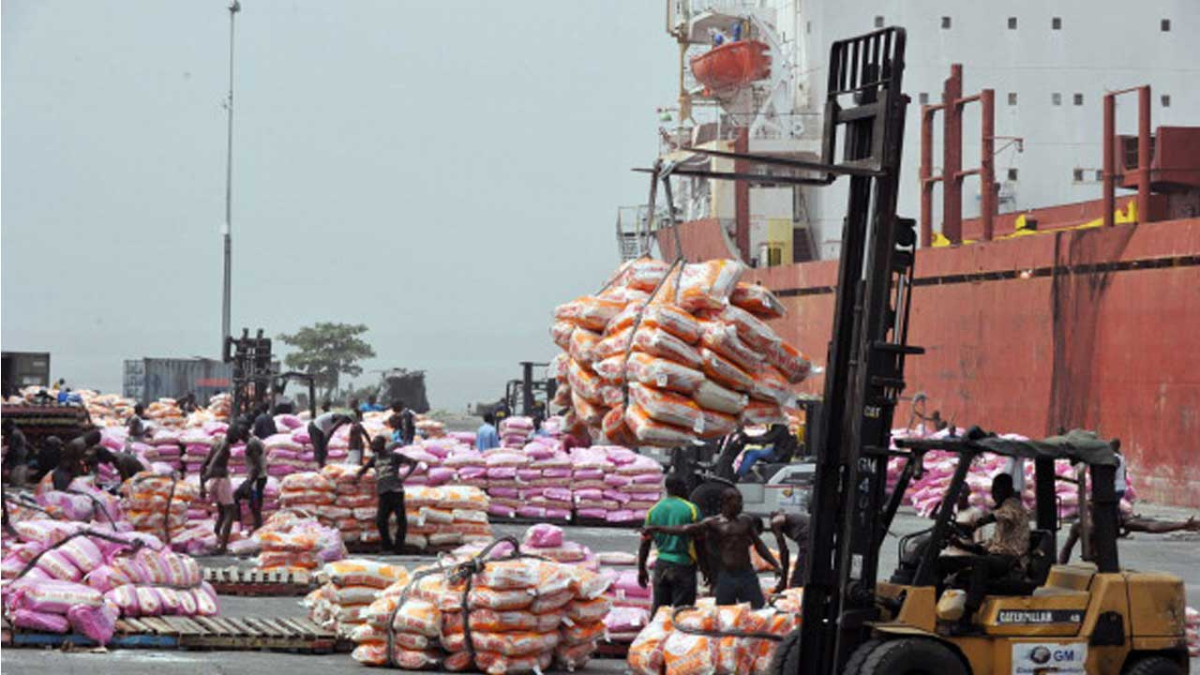Food security: Forum urges FG, states on smart budgeting
Economic and biofortified staple crops and foods experts have urged the federal government to work with the state governments on budgeting for climate smart agriculture to boost food security and engender socio-economic development and better living for citizens in the country. They made the call on Thursday in Abuja at a one-day Consultative Policy Workshop […]

Economic and biofortified staple crops and foods experts have urged the federal government to work with the state governments on budgeting for climate smart agriculture to boost food security and engender socio-economic development and better living for citizens in the country.
They made the call on Thursday in Abuja at a one-day Consultative Policy Workshop on Climate and Biofortification in Nigeria, organised by HarvestPlus and the Federal Ministry of Agriculture and Food Security (FMAFS).
The event was also to develop state-specific roadmaps, with participants from Kano, Kaduna, Jigawa, and Gombe states.
Head, National Policy and Innovative Financing, HarvestPlus Washington, United States, Ms. Rewa Misra, said the workshop was about facilitating policy reform needed to enable scaling up access to climate smart agriculture, input nutrition, bio-fortified nutrition and for farmers to have access to farm products more resilient to climate change.
“There is a lot to learn for both the government and private sectors and that what is important is a coordinated roadmap to help the reforms and make them practical,” Misra said when asked to assess how climate smart agriculture is practiced in Nigeria compared to international practices.
- FG probes N1.8bn contract awards in NSITF, reviews agreements with health workers
- FG signs MOU with pharmaceutical coys to brand 33 medicines
Country Manager, HarvestPlus Nigeria, Dr. Yusuf Dollah, said the meeting was to enable stakeholders share ideas on how to promote policy implementation and budgeting for climate tolerant crops.
He urged government at all levels to fund the effective implementation of various programmes to address micronutrient deficiency in the country to reduce capital flights that poor health and malnutrition imposed on the country.
He noted that deficiencies in micronutrients account for the majority of the global health burden from hidden hunger affecting more than 2 billion people, mostly in low- and middle-income countries.
He had said that through a crop breeding process called biofortification, micronutrient-enriched, climate-smart varieties of common staples provide essential iron, zinc, and vitamin A to rural households to improve nutritional status, health, and livelihoods.
The Director Planning and Policy Coordination, FMAFS, Dr Ibrahim Tanimu, represented by Deputy Director in the directorate, Mallam Ibrahim Muhammed, assured of government commitment to food security and economic development of the country through the agricultural value chain.
Also, the Assistant Country Representative of the Food and Agriculture Organization (FAO) in Nigeria, Abubakar Suleiman, assured of the organisation’s support for Nigeria’s move to ensure food security and other technical support to guarantee sustainable use of the country’s resources.
